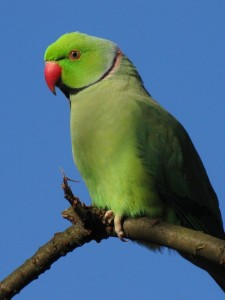 A bird in a cage is a concept some people find fascinating and thus there are hundreds of parrots and love birds sold everyday around India. What many do not realize though is that by buying these birds they are letting an illegal trade flourish that is killing lakhs of beautiful birds each year.
A bird in a cage is a concept some people find fascinating and thus there are hundreds of parrots and love birds sold everyday around India. What many do not realize though is that by buying these birds they are letting an illegal trade flourish that is killing lakhs of beautiful birds each year.
According to the organization People for Animals, Rosy ringed Parakeets are one of the most common illegally traded birds in India. Every alternate week the organization rescues these birds from trains and buses on their way to pet markets.
Dying in Dozens
The traders use small wooden boxes with split levels to literally dump as many birds as possible into these. The birds in the bottom layer are often covered with faeces of the birds sitting in the top level. To hide the boxes, traders cover them with gunny bags and some birds therefore die of suffocation. Most have broken wings, broken legs and just 10 percent make it finally to the pet market alive.
Indian wildlife laws state that trading in and keeping native birds is against the law. But ironically, it is absolutely legal to keep exotic birds in captivity.
India has 12 species of parrots, of which eight are regularly traded. In fact, parrots form roughly 50% of the wild bird trade in India. Chicks are captured across the country in winter and traded between December and June ; the adults are traded throughout the year. The most common species is the rose-ringed parakeet while the most preferred species for trade is the Alexandrine parrot, as it has a superior ability to mimic humans and can adapt well to captivity.
The adults are normally caught using nets and bird-lime. Bird-lime is nothing more than a powerful glue that poachers paint onto branches and tree trunks so any bird landing on it gets stuck. The methods of capture and the way that birds are transported means that there is a very high death rate.
Abrar Ahmed, consultant with Traffic India, says rescuing a bird is pointless since once a chick is separated from its parents, it rarely survives.
“It is important to stop trade of the bird at the grassroots level. When being transported, the chicks are force-fed and treated in absolutely inhuman ways. Some die even before reaching the market. It is essential that the trade is stopped,” he says.
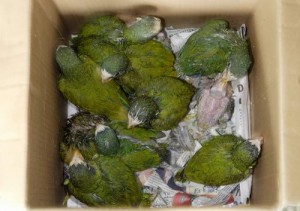 Hub of World Trade
Hub of World Trade
Samir Sinha of Traffic India believes that one or two seizures cannot help the bird. The bird trade has to be treated as an inter-state and an international racket. The organisation says that Delhi, Mumbai, Hyderabad, Patna, Lucknow and Kolkata are the hubs of this trade, but the most important point of transaction is the national capital.
Delhi’s chandni chowk bird market is a know area where traders from all over the country come to buy birds in bulk. The city is also a transit stop to trans locate the birds to other parts of the world. Mumbai is used as a stopover while sending birds to the Middle East and Ahmedabad too is a growing hub to send birds to foreign countries.
“Parrots usually nest in tree hollows, but monoculture plantations, lopping of old trees and plantation of exotic species are depriving them of nesting spots, leading to a sharp drop in their numbers. Unless demand for the birds stops, the trade will continue unabated,” Ahmed adds.
As per the International Union for Conservation of Nature (IUCN) The Nicobar parakeet, Long-tailed parakeet and Derby’s parakeet have been listed as ‘near threatened’.
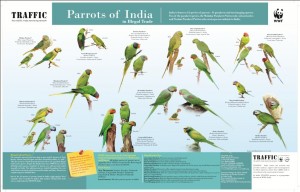 Awareness Poster
Awareness Poster
To help stamp out the trade in parrots, pet trade enforcement officers and other organisations in India are being given a free poster detailing the 12 native parrot species. By issuing the new posters to police, forestry officials, environmental officers together with schools and colleges TRAFFIC India and WWF India hope to cut the impacts of the pet trade on endangered and vulnerable bird species in India.
Eight of the 12 native species of parrots found in India regularly turn up in the illegal pet trade. These are:
- Alexandrine,
- Rose-ringed,
- Plum-headed,
- Red-breasted,
- Malabar,
- Himalayan Parakeets,
- Finsch’s Parakeets,
- and Vernal Hanging-parrot.
MKS Pasha, Co-ordinator of TRAFFIC India said: “Few know that our favourite and well-known ‘mithu’ is a protected species in India. Their chicks are captured remorselessly from the wild, and many to not make it to the final destination. The parrot trade is substantial and well organized, but it can be counteracted through concerted enforcement actions at the grassroot level and mass awareness campaigns.”
He adds,
“TRAFFIC India’s new poster is a step in this direction. We hope it will also inspire children and young people too, because they are the ones who will influence future change and can play a significant role in curtailing the demand for our native wildlife.”
How can you help
- If you find an illegal bird trade going on in your locality, you can contact a local animal rescue organisation or the police to seek help.
- You can download the poster of the parrots here (right click and save after clicking on the link) and stick it in prominent public places, schools, colleges so that everyone recognises the birds and knows that it is not legal to keep them as pets at home.
- Encourage those who have birds in cages to free them and donate to a local animal rescue organisation. (Most of these birds cannot fly so just freeing them from the cages will not help. They do need lifetime care.)
Reference: wildlifenews , TOI , nagalandpost
Image of rose ringed parakeet via birdforum Image of parrot chicks via grupojaragua


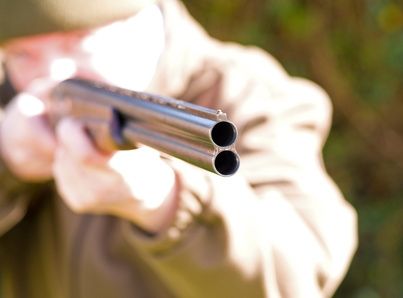
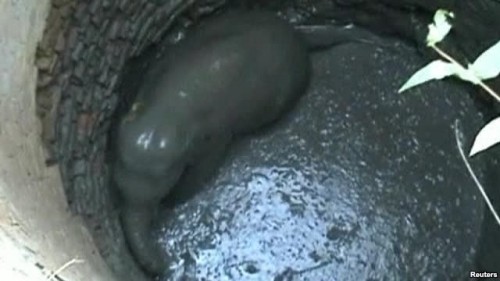
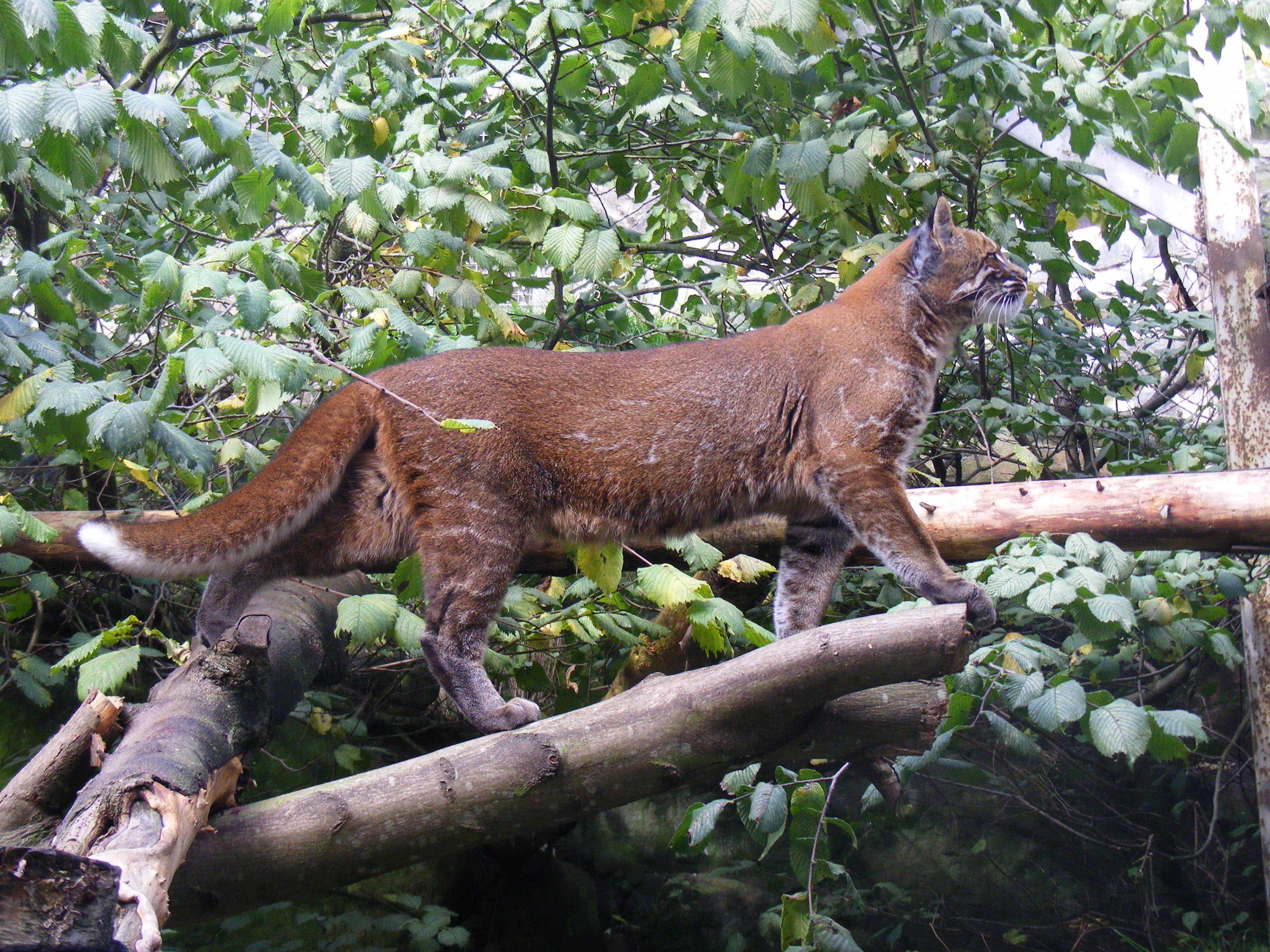
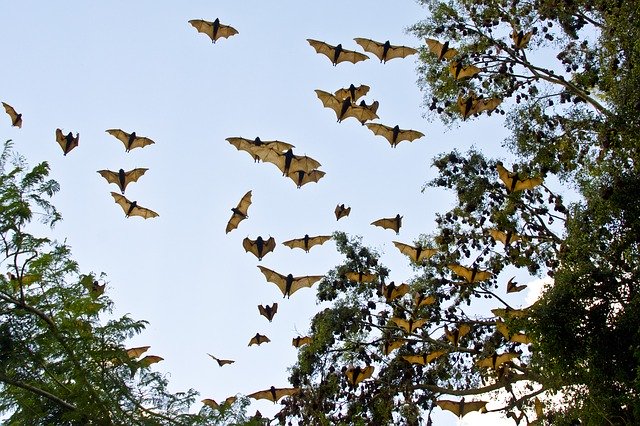
It is true that we cannot stop this trapping and trading by just posting comments or discussing, neither advertisement nor any kind of publishing will help out this huge matter. Although the a very strict rule is there from Indian Wild life Act but no use of that.
In Kolkata, Galif Street Hut (Shyambazar, every Sunday, 6am-4pm) is the main market in Kolkata where this illegal trade happens.
Thousands of Indian Birds mainly Parrots get sailed, and the shocking and surprising part is police people also come (in uniform) and buy.
Even we tried so many times contacting local Police Station and West Bengal Forest Dept. but no use of that because neither they reply positive nor they come, on every Sunday a huge money they use to get from the people who sale.
Even once we have seen, that, Forest Dept. is taking bribe from the parrot traders after they catch them.
Local MLAs MPs all are involved, so it is easily understood that untill and unless Politics gets detached with, this trade will be there forever.
Thanks Subhajit for your concern and comment. It’s true that there are many layers of corruption that seep in and make it difficult to catch the culprits who are involved in such trade. However, good people exist too in the same departments, and hopefully there numbers grow. All we can do is not let our voice fade away and keep speaking against such ghastly practices.